11 Gardening Mistakes That Might Be Harming Your Petunias
Petunias are a popular choice for gardeners, thanks to their vibrant blooms and easy care. However, there are common mistakes that can harm these beautiful flowers and prevent them from thriving. From watering issues to poor soil choices, certain gardening practices can impact their health. By recognizing and avoiding these mistakes, you can help your petunias grow strong, vibrant, and full of color. Keep reading to learn how to keep your petunias looking their best all season long.
This post may contain affiliate links, which helps keep this content free. Please read our disclosure for more info.
Overwatering Petunias
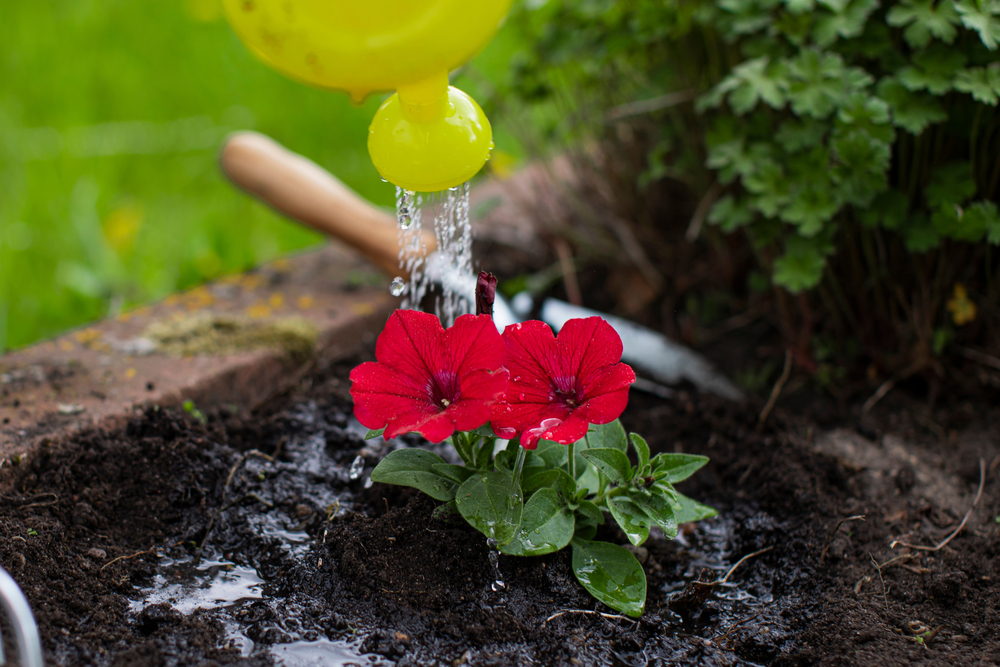
One of the most common mistakes gardeners make with petunias is overwatering them. Petunias need consistent moisture, but the soil should dry out between waterings. When the soil remains too wet for extended periods, the roots of petunias can suffocate, leading to root rot. It is important to water only when the top of the soil feels dry to the touch, and ensure the plants have good drainage to prevent excess moisture from building up.
Additionally, waterlogged soil can attract harmful fungi and bacteria, which can cause diseases such as root rot. These conditions make it difficult for the petunia’s roots to absorb essential nutrients, resulting in stunted growth and poor blooms. Maintaining a balanced watering schedule is essential for keeping your petunias healthy.
Poor Soil Drainage
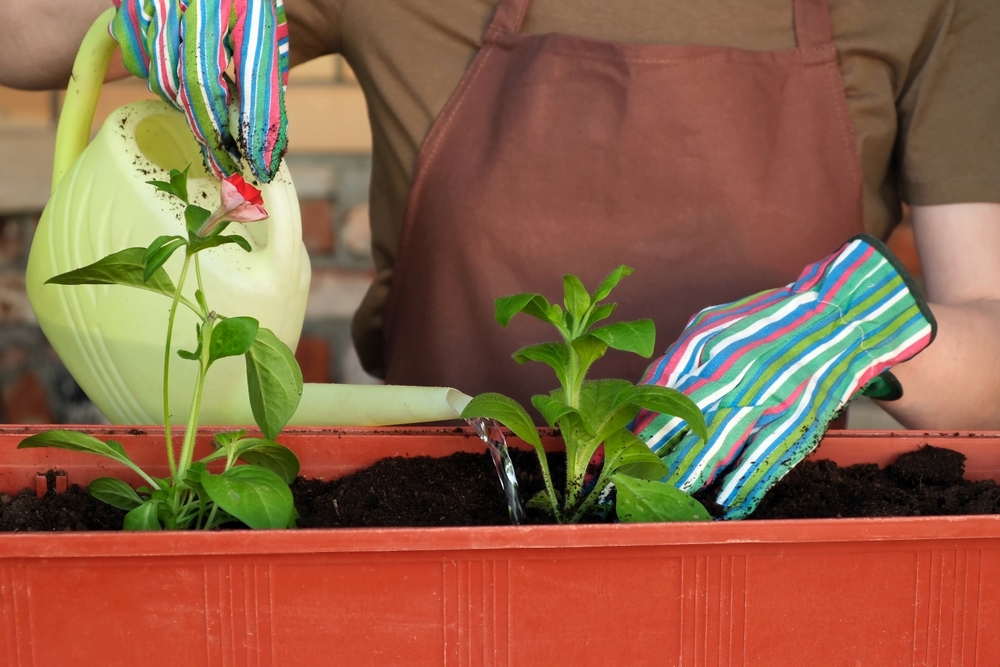
Petunias thrive in soil that drains well, but many gardeners overlook this factor, leading to problems. When the soil retains too much water, it can lead to root rot and fungal infections. Petunias are particularly sensitive to soggy soil, and poor drainage can trap water around the roots, causing them to rot.
To avoid this mistake, ensure that the soil is well-draining and does not retain excessive moisture. You can improve soil drainage by mixing in organic matter, such as compost, or by using raised beds. Good drainage ensures the roots of your petunias get the proper oxygen needed for healthy growth.
Planting Petunias Too Close Together
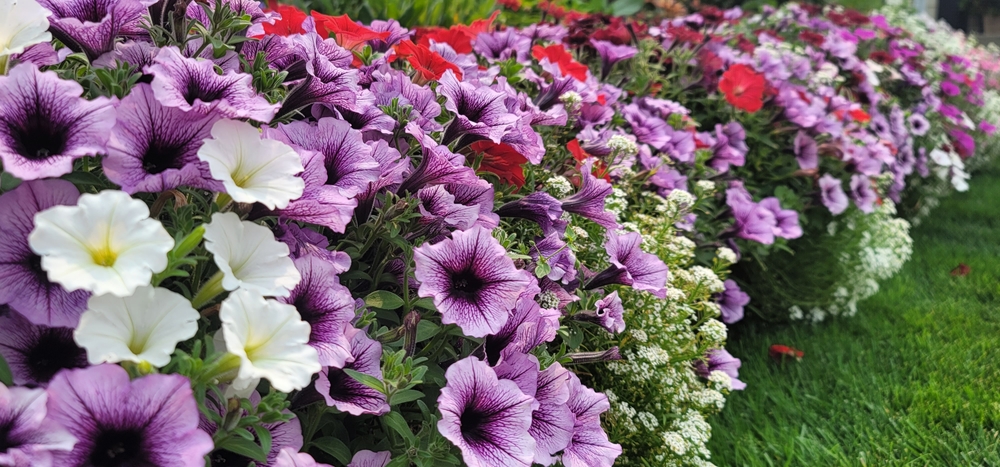
Petunias need space to spread and grow, and planting them too close together can hinder their development. When petunias are overcrowded, they compete for water, nutrients, and sunlight, which can weaken the plants and prevent them from thriving. The lack of airflow around the plants can also promote fungal diseases, such as powdery mildew.
To help your petunias grow strong and healthy, plant them with enough space between each one. Depending on the variety, petunias should be spaced about 12 to 18 inches apart. This will give them the room they need to grow without interference from neighboring plants.
Insufficient Sunlight
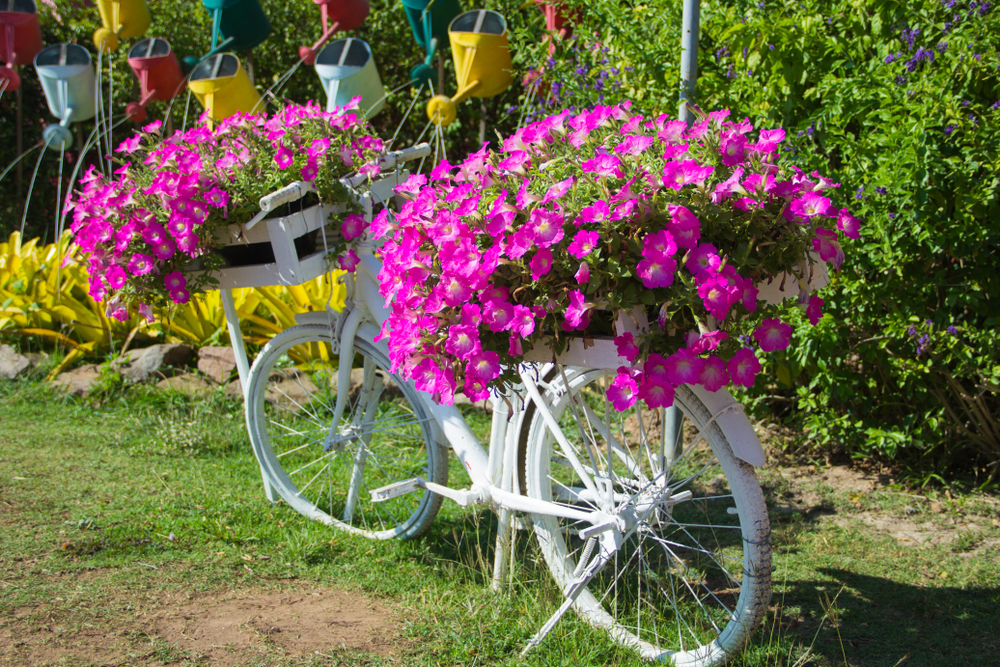
Petunias are sun-loving plants that need at least six hours of direct sunlight each day. Planting them in too shady a spot can lead to weak, leggy growth and fewer blooms. Without enough light, petunias may struggle to photosynthesize properly, which can affect their overall health.
To avoid this mistake, choose a planting location that receives ample sunlight. If you’re growing petunias in containers, consider placing them on patios or balconies that get plenty of sun exposure. The right amount of sunlight is crucial for vibrant, healthy flowers.
Ignoring Deadheading
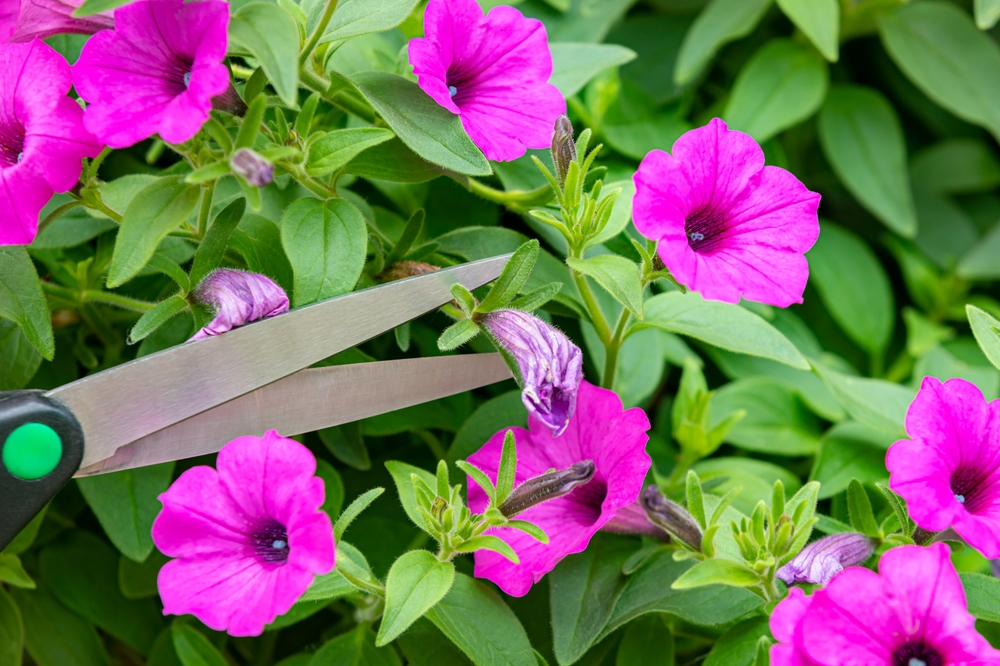
Deadheading is the practice of removing spent flowers from petunias to encourage new blooms. If you neglect to deadhead your petunias, the plant may focus its energy on producing seeds instead of new flowers. This can result in fewer blossoms and a less vibrant display of color.
To maintain continuous blooms throughout the growing season, regularly remove any faded or spent flowers. Pinch off the flowers just above the first set of leaves to prevent seed production and stimulate new growth. Deadheading will also help keep your petunias looking neat and tidy.
Using the Wrong Fertilizer
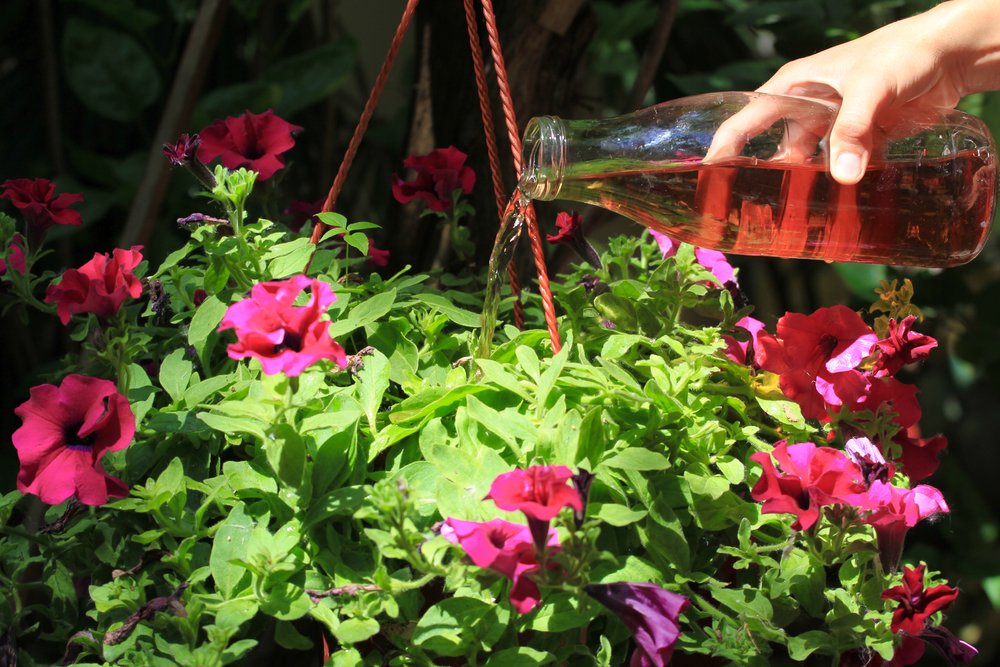
Petunias are heavy feeders that require regular fertilization to maintain their health and promote blooming. However, using the wrong type of fertilizer can do more harm than good. Some fertilizers may contain too much nitrogen, which can encourage excessive leafy growth at the expense of flowers.
Choose a balanced fertilizer with a ratio of nutrients suited for blooming plants, such as a 10-20-10 formulation. Be sure to follow the manufacturer’s instructions regarding application rates to avoid over-fertilizing, which can cause harm to the plants and the surrounding soil.
Planting in Poor-Quality Soil
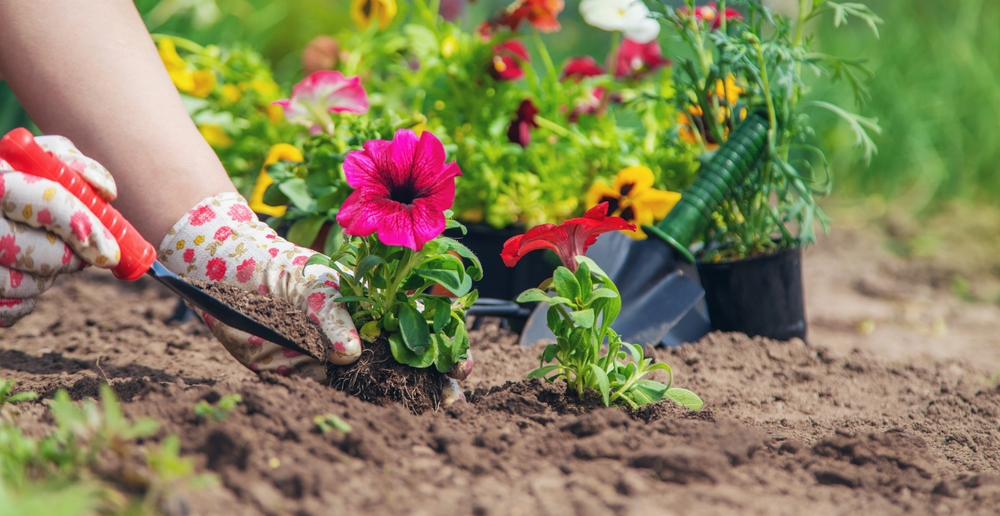
The quality of the soil in which you plant your petunias can significantly affect their growth. If the soil lacks essential nutrients or is compacted, your petunias may struggle to establish healthy roots. Poor-quality soil can also lead to poor drainage, which we already know can cause root rot.
To improve the soil, amend it with organic matter such as compost or well-rotted manure. This will improve the soil’s structure, enhance drainage, and provide essential nutrients to your petunias. Healthy soil is the foundation for healthy plants.
Overcrowding Petunias in Containers
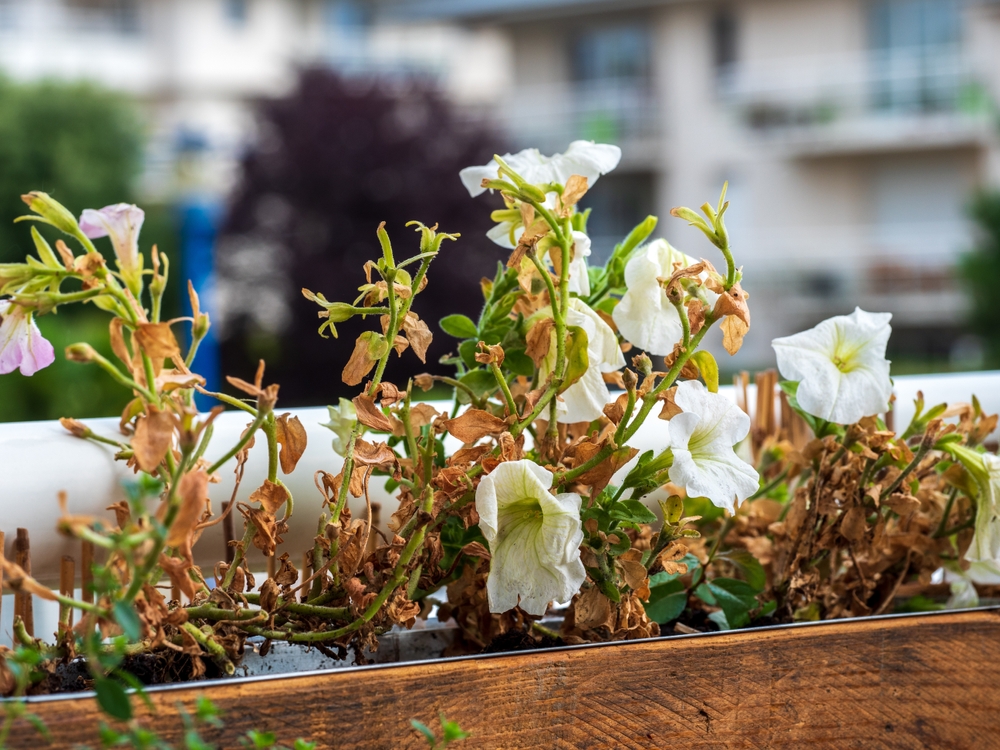
Petunias are a popular choice for container gardening, but placing too many in a single pot can be harmful. Overcrowded containers do not allow for proper root development, and the plants will compete for space, nutrients, and water. This can stunt their growth and lead to poor flowering.
When planting petunias in containers, choose pots that are large enough to accommodate their root systems. A 12-inch pot is typically large enough for several petunias, but make sure to give them enough space to grow comfortably. Proper container size ensures that the roots can spread out and the plants will thrive.
Allowing Pets or Children to Disturb the Plants
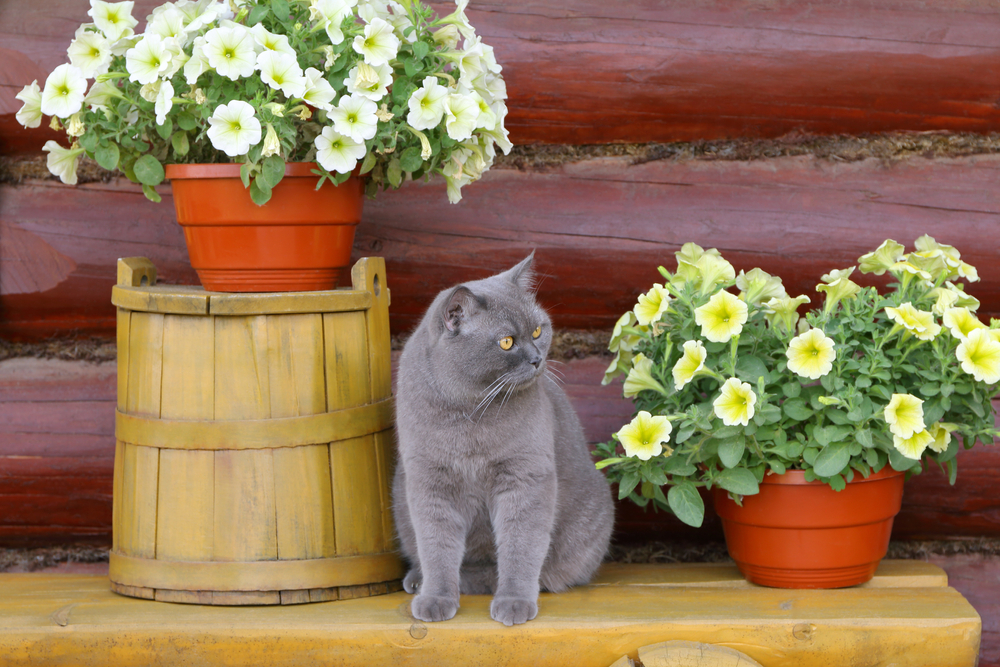
Petunias, like many garden plants, can be easily damaged by pets or children who like to play or dig around them. Pets may trample on the plants, breaking stems or uprooting the flowers, while children may pull at the flowers or soil, which can cause harm to the root system.
To protect your petunias, consider using a garden fence or other barriers to keep pets and children away from the plants. You can also plant petunias in more secluded areas of the garden where they are less likely to be disturbed. A little precaution can help preserve your plants.
Not Mulching Around Petunias
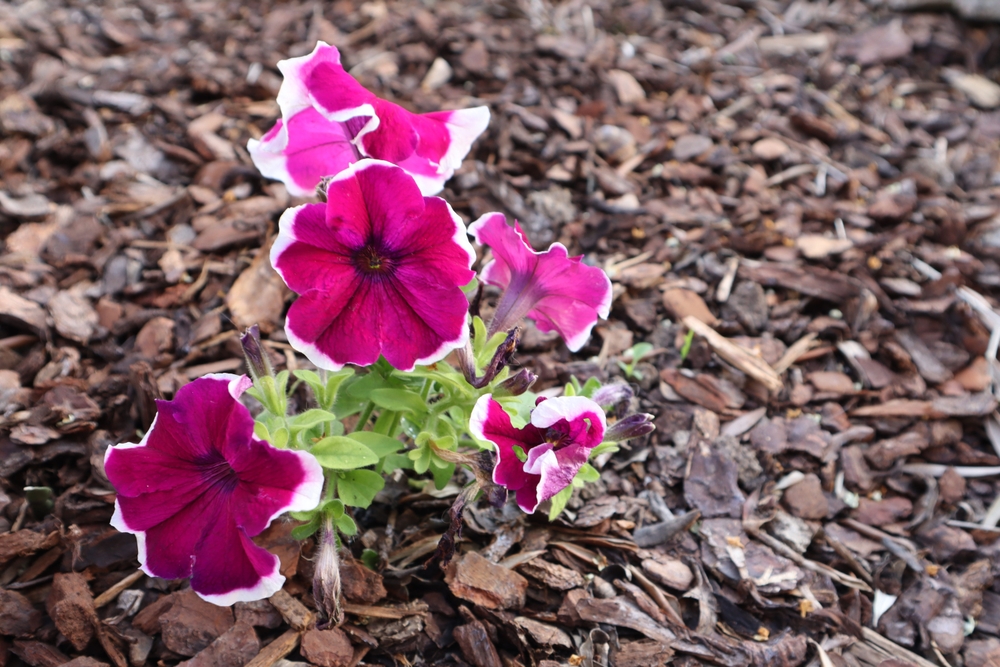
Mulching helps to retain moisture, regulate soil temperature, and prevent weed growth. Without mulch, the soil around petunias can dry out too quickly, leaving the roots vulnerable to stress. Weeds can also compete with petunias for nutrients and water.
To protect your petunias, apply a thin layer of mulch around the base of the plants. Organic mulches like straw, bark, or shredded leaves work well. Mulching will not only keep the soil moist but also help maintain the health of your petunias throughout the growing season.
Ignoring Pest Control
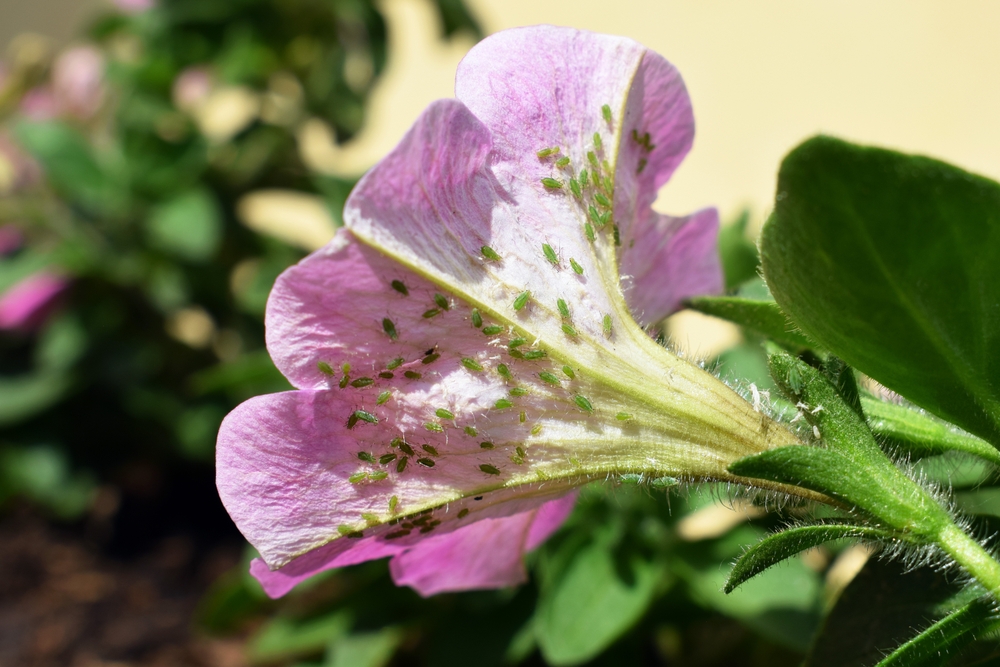
Petunias are susceptible to various pests, including aphids, spider mites, and slugs. These pests can damage the leaves, stems, and flowers, leading to weakened plants and reduced blooming. Neglecting to monitor your petunias for pests can result in severe infestations.
Regularly check your petunias for signs of pests, such as discolored leaves or holes in the petals. Use natural pest control methods, such as insecticidal soap or neem oil, to manage any issues. Keeping your plants free from pests will help them thrive and bloom beautifully.
This article originally appeared on Avocadu.
